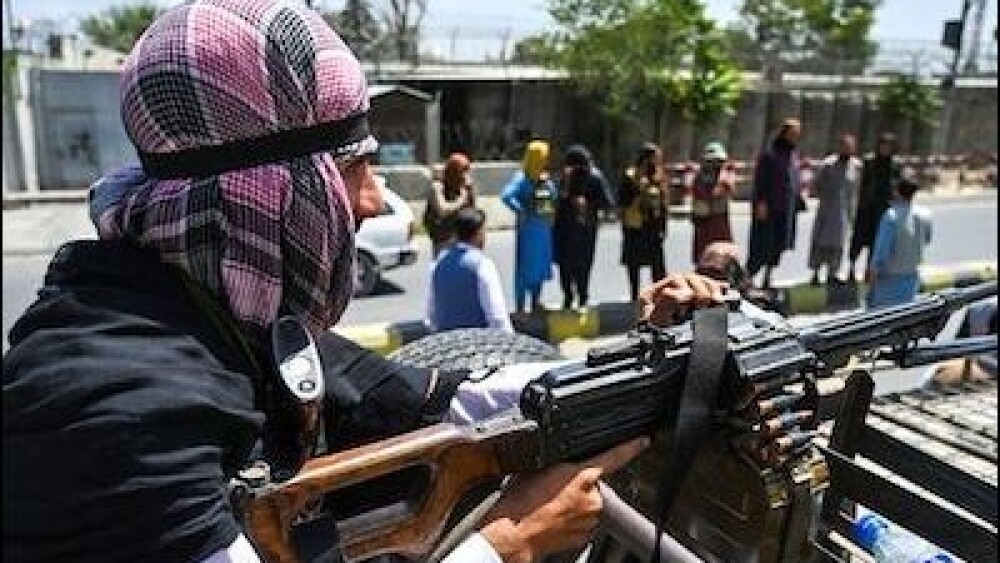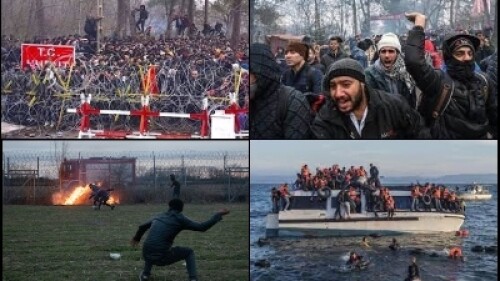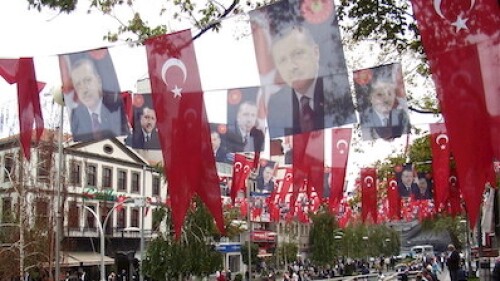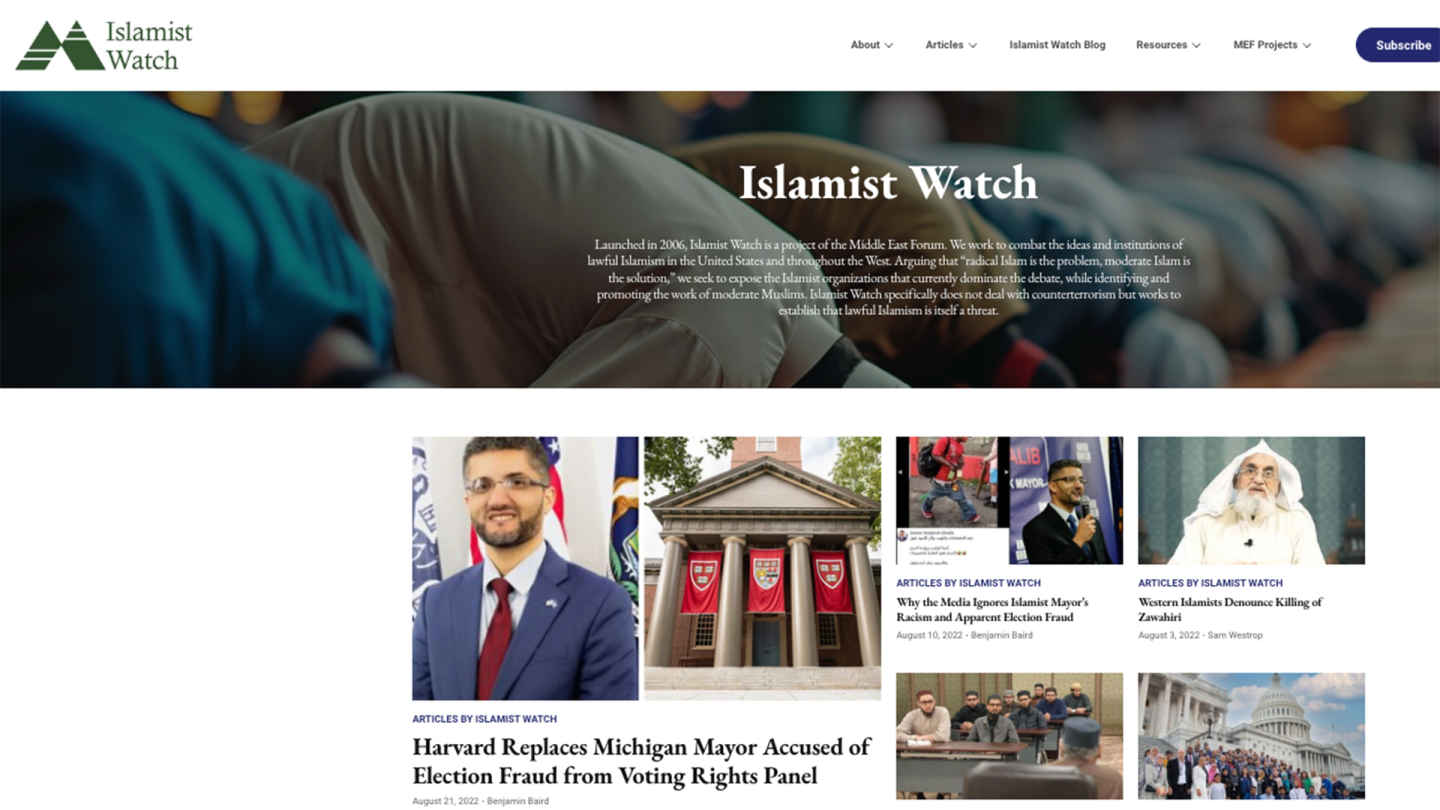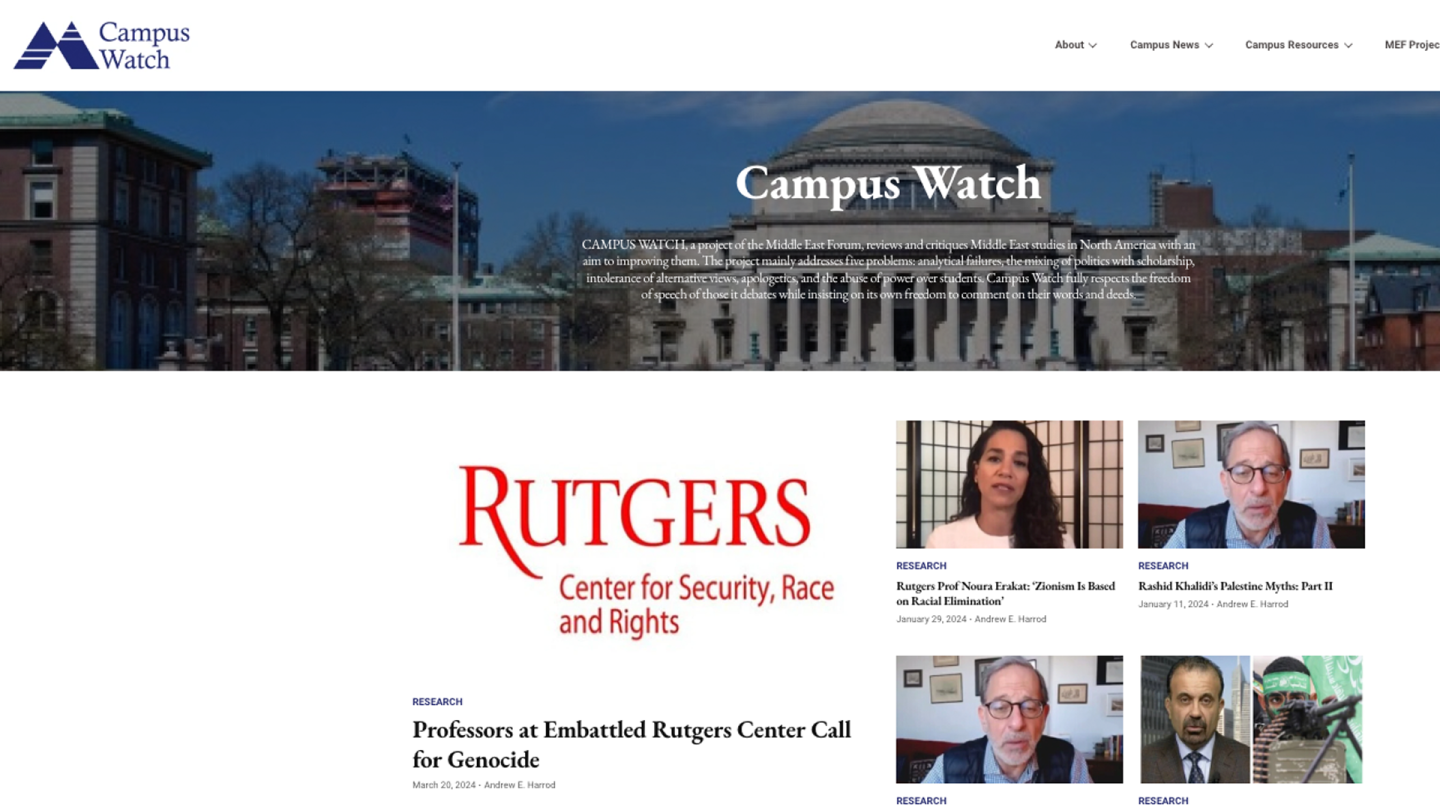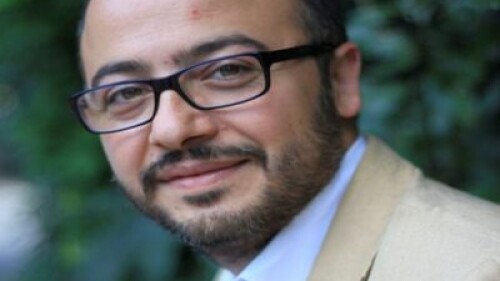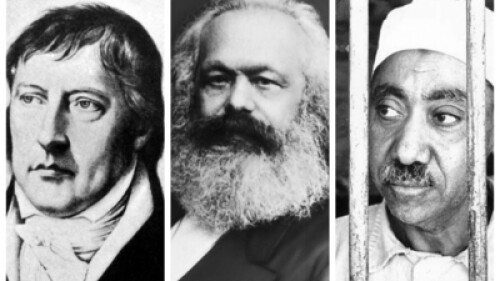Syria Should Return to the Community of Nations, but Not on the Rhetoric of a Single, Untested Leader
What Began as a State-Sanctioned Workaround for Sanctions Has Mutated Into a Security Vulnerability
Tarek Mehanna’s Time in Prison Did Not Lessen His Commitment to Radicalism
Qatar’s Strategic Investments in the U.S. Include Critical Infrastructure in Oil and Gas, Higher Education, Trophy Properties, and Political Access
The Kurdish Organization’s Disbandment Could Create Space for Illiberal and Anti-Western Movements to Thrive
The Emirates Are Greece’s Top Non-European Investor, and Strategic Infrastructure and Defense Coordination Also Link the Two
This Campaign Extends Beyond Yemen, and Failure to Follow Through Will Encourage Iran and Its Proxies to Continue Aggression
Tehran Cultivated Religious and Political Alliances with the Alawites, Ensuring That Its Ideological Footprint in Syria Endures
Spotlight: Qatar and Turkey are questionable allies
Qatar and Turkey, subjects of an ongoing outreach campaign by the Trump Administration, are touted as major players in the newly hatched regional peace plan. Yet, their potential for productive roles is eclipsed by their detrimental actions.
Their ties to numerous terrorist groups are seen in their eagerness to provide aid and comfort to Hamas’s leaders, many of whom enjoy luxurious lifestyles in both countries. The regional plan must hold Qatar and Turkey accountable for their actions and insist that they cease their support for terrorists. Absent these changes, the United States and its allies will continue to reward their nefarious ways to the detriment of regional peace and stability.
Their ties to numerous terrorist groups are seen in their eagerness to provide aid and comfort to Hamas’s leaders, many of whom enjoy luxurious lifestyles in both countries. The regional plan must hold Qatar and Turkey accountable for their actions and insist that they cease their support for terrorists. Absent these changes, the United States and its allies will continue to reward their nefarious ways to the detriment of regional peace and stability.
Middle East Quarterly - Current Issue
Founded in 1994 by Daniel Pipes, MEQ is the Middle East Forum’s journal intended for both scholars and the educated public. Policymakers, opinion-makers, academics, and journalists write for and read the Quarterly, which is known for exclusive interviews, in-depth historical articles, and book reviews on subjects ranging from archaeology to politics and on countries from Morocco to Iran.
Fall 2025 Volume 32: Number 4
Fall 2025 Volume 32: Number 4
Middle East Forum Observer
Founded in 2024, the Observer provides rapid analysis on leading Middle East developments, from Marrakech to Mashhad and the Bab el-Mandeb to the Black Sea.
Launched in 2006, Islamist Watch is a project of the Middle East Forum. We work to combat the ideas and institutions of lawful Islamism in the United States and throughout the West. Arguing that “radical Islam is the problem, moderate Islam is the solution,” we seek to expose the Islamist organizations that currently dominate the debate, while identifying and promoting the work of moderate Muslims.
CAMPUS WATCH, a project of the Middle East Forum, reviews and critiques Middle East studies in North America with an aim to improving them. The project mainly addresses five problems: analytical failures, the mixing of politics with scholarship, intolerance of alternative views, apologetics, and the abuse of power over students. Campus Watch fully respects the freedom of speech of those it debates while insisting on its own freedom to comment on their words and deeds.





























